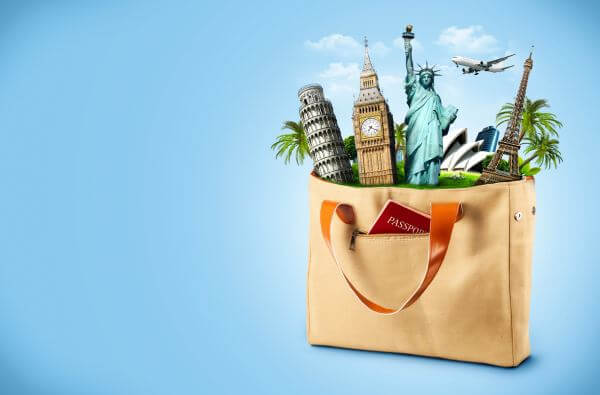A tourism translation for tourist resources means businesses associated with tourism such as tour operators, travel agencies, hotels, and hostels can reach out more easily to potential customers throughout the world. This could include any of the following tourist material:
- websites;
- brochures;
- advertisements in the magazine both paper and online.
Once the material has been accurately translated into many different key languages tourism businesses are able to communicate directly with interested customers wherever they are throughout the world.
Four tips for ensuring world-class tourism translations:
Use of accessible language in a tourism translation
Tourism translation isn’t quite like formal translations as to be attractive it needs to be accessible to those who want to enjoy a holiday. The translation has to put across a friendly message in informal language and should use appropriate idioms that suit the tourism concept. This is an acquired skill because the tourism translator has to possess a good understanding of idiomatic usage in both the targeted and source languages.
Add the right marketing tactic
Of course, the translated message about the tour or tourist facility needs to be both accurate and appealing to have any useful effect. If a museum, cultural display, or beach is an important feature of a tourist destination the translated language has to be appropriate for this. A general tourism translation wouldn’t have quite the desired effect.
You can’t forget the targeted audience
If a tourist translation is to have any effect it also needs to be localized to fit the targeted audience. The style and tone of a text aimed at an English-speaking audience are likely to be quite different from that aimed at, for example, a Japanese traveler or even a French or German traveler. One key example is the difference between using the word ‘Sie’ in German which is formal and the more informal ‘Du.’ The wrong usage could markedly affect the context of the translation as there isn’t any English counterpart. Because of these obvious differences, the tourism translator needs to have a good understanding of the cultural norms found embedded in their pair of languages.
Details are important in a tourism translation
When targeting a global market the finer details of a tourism product should not be omitted. Everyone wants to know the price of their favorite tourist attractions in their chosen destinations. Failure to add this material on a promotional tourist website might send the tourist somewhere else. A translator who specializes in tourism translations will know how important it is to include minor details. Added to this is the translation of colloquial terminology. This demands considerable marketing flair, and the translator needs to be able to localize this to fit the target audience.
Some examples of top tourist attractions which may need a tourism translation are:
- forests, reserves, and national parks;
- communities of people from different ethnic groupings;
- different types of modern and ancient structures such as old penal settlements, castles, pyramids, bridges, and tall structures like the Eiffel Tower and the Statue of Liberty;
- global sporting and cultural events;
- museums and art galleries;
- zoos and botanical gardens;
- monuments, ancient and new;
- theme parks like Seaworld, Dreamworld, and Movieworld;
- maritime museums;
- vintage car museums;
- key stunning viewpoints.
In translations of promotional tourist literature, each type of attraction has its own uniqueness, and when the material is translated it should reflect those sorts of people who are interested in those types of tourist attractions. If it is young people, the translation should reflect that with the use of appropriate language. Older people will be most attracted to a tourist feature if it is marketed in their language.




